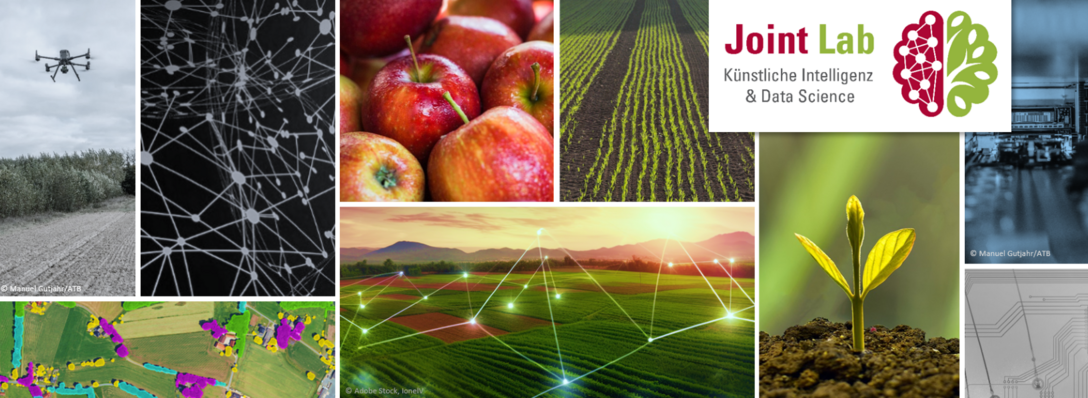Weiterführende Informationen
Top content
News

„Being a joint lab“: practicing cooperation, exploiting synergies
On April 29 and 30, 2024, the participants of the Joint Lab KI & DS came together for a retreat at the Coppenrath Innovation Center in Osnabrück. The theme of the retreat was “Being a joint lab, how can we benefit most from it? For all of us: the doctorate, the collaboration, and best scientific results". The participants used the two days to reflect intensively on the collaboration, exchange ideas and plan new activities. The framework for this exchange was provided by the Open Space Conference method, which gives the necessary freedom for creative thought processes. In addition to the program, the retreat also offered plenty of opportunity for informal discussions during the breaks.

The Joint Lab KI & DS presents itself at the GIL conference
Meeting global challenges with artificial intelligence is at the cutting edge. - It was no coincidence that the motto of this year's GIL conference was: "Promoting biodiversity through digital agriculture: What contribution can AI and co. make?". In keeping with the theme, the Research Training Group of the Joint Lab KI & DS was able to present itself in its own parallel poster session at the University of Hohenheim on 27 and 28 February 2024.
How can deep learning help to record biodiversity in agroforestry systems? Will soil maps ensure that agricultural practices can be adapted on a small scale and in line with demand in the future? The doctoral and postdoctoral researchers presented these and other questions to interested visitors on a total of 14 posters in the University of Hohenheim's Katharinasaal, which was made available especially for this purpose during the GIL conference.
The joint participation of the Joint Lab KI & DS at the event can certainly be described as the first opportunity to present the cooperation to experts, as the project groups and the research programme were presented to the public for the first time on this scale. The event was also a good opportunity for the young scientists to gain practice in creating scientific posters and to reflect on and sharpen their projects.


